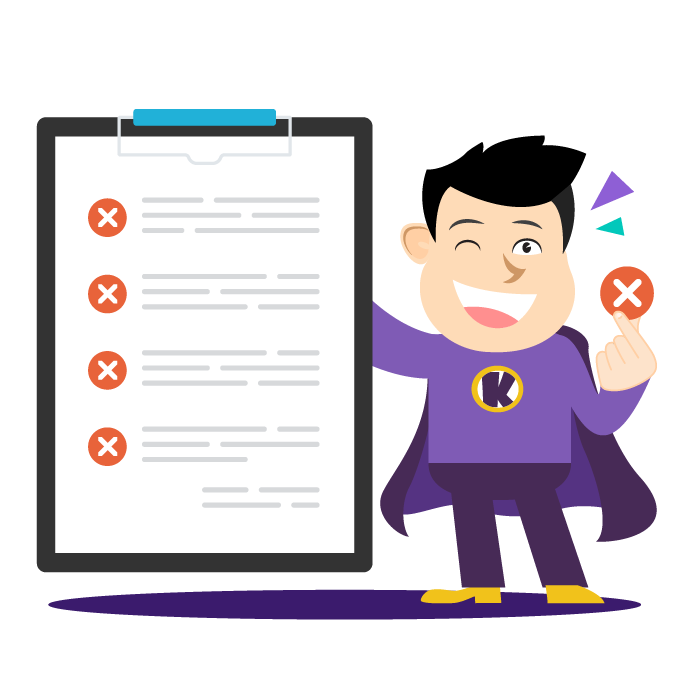Car insurance is designed to safeguard you against unexpected events. However, it’s important to understand that not every situation will be covered. Insurance policies come with specific exclusions, meaning there are certain circumstances where you won’t be able to file a claim. Knowing these exclusions helps you better understand your coverage and avoid surprises when you need to rely on your insurance.

Hot Topics
Insurance exclusions are specific conditions or circumstances not covered by an insurance policy. These exclusions are outlined in the policy documents and are crucial for policyholders to understand, as they define the limits of coverage. Exclusions help manage the insurer’s risk and ensure that policyholders are aware of their responsibilities and potential out-of-pocket expenses.
Insurance companies use exclusions to ensure they can provide coverage sustainably and manage risks effectively. By excluding certain high-risk scenarios, insurers can keep premiums more affordable for all policyholders. For example, excluding coverage for damages caused by illegal activities or reckless behaviour helps insurers avoid paying out large sums for preventable incidents.
Exclusions also serve to encourage responsible behaviour among policyholders. For instance, excluding coverage for damages incurred while driving under the influence of alcohol or drugs promotes safer driving habits. Similarly, exclusions for mechanical or electrical breakdowns not caused by an accident mean insurance only covers accident damages, regardless of how well the vehicle is maintained. This encourages policyholders to understand the importance of being a responsible driver.
Exclusions help prevent fraudulent claims by clearly defining what is not covered under the policy. This discourages policyholders from attempting to claim for damages or losses that fall outside the scope of their coverage. For example, if a policy explicitly excludes coverage for intentional damage, it reduces the likelihood of someone deliberately causing damage to their vehicle to receive an insurance payout.
These are common exclusions found in most car insurance policies in Thailand:
These exclusions can vary between policies and insurers in Thailand:
Understanding your car insurance policy is crucial to knowing what is and isn’t covered. Here are some tips on where to find exclusions in your policy documents and how to interpret them:
Locate the exclusions section
Most insurance policies have a dedicated section titled “Exclusions” or “What is Not Covered.” This section is usually found towards the middle or end of the policy document. It lists all the scenarios and conditions under which the insurer will not pay out a claim.
Before diving into the exclusions, familiarise yourself with the “Definitions” section of your policy. This section explains the specific meanings of terms used throughout the document. Understanding these definitions will help you accurately interpret the exclusions.
Pay attention to conditions and clauses
Exclusions often come with specific conditions or clauses. For example, an exclusion for driving under the influence might specify the legal blood alcohol limit. Make sure to read these conditions carefully to understand the full scope of the exclusion.
Check the endorsements and riders
Endorsements and riders are additional documents that modify the standard policy. They can add, remove, or alter exclusions. Always review these documents alongside your main policy to get a complete picture of your coverage.
Interpret the language carefully
Insurance policies often use legal and technical language. Here are some tips to help you interpret it:
Insurance needs can change over time, so it’s important to review your policy and its exclusions regularly. This ensures that you remain aware of what is and isn’t covered, especially if you’ve made changes to your vehicle or driving habits. If any part of the exclusion is unclear, don’t hesitate to contact MrKumka for assistance or directly to your insurance provider for clarification.
| Fraudulent claims | When someone intentionally provides false information to an insurance company to receive money or benefits, they are not entitled to. |
| High-risk | A situation or activity that has a high chance of causing problems, loss, or danger. |
| Insurance payout | The amount of money an insurance company gives to a policyholder or beneficiary when a claim is approved. |
| Liability | The legal responsibility for something, especially if it causes harm or damage, which may require you to pay for it. |